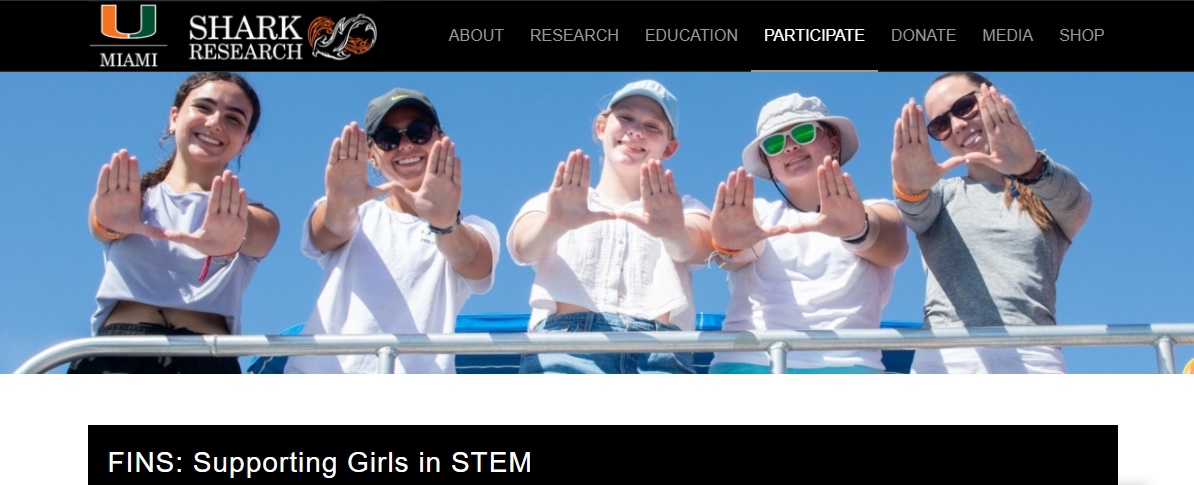
Protest Against Whaling and Deep-Sea Mining Draws Attention at COP29, But Questions Remain About Group’s Origins
Protest Against Whaling and Deep-Sea Mining Draws Attention at COP29, But Questions Remain About Group’s Origins
Amid the bustling scenes of this year’s COP29 climate conference, a protest against whaling and deep-sea mining, organized by a group calling itself the FINS Initiative, drew significant attention from delegates and observers. However, questions have arisen about the legitimacy of the group, as an internet search yields little evidence of its existence beyond scattered mentions.
During the protest held in the designated "green zone" outside the main conference hall, activists held signs with slogans such as "Save Our Whales" and "Stop Deep-Sea Mining". Elissa May Phillips, a representative of the FINS Initiative, made a passionate appeal to COP29 participants to take action against commercial whaling, which she claimed continues unabated in several countries.
"We are here to protest against whaling. It is still happening in some parts of the world. There are three countries that continue commercial whaling: Iceland, Japan, and Norway," said Phillips. "We want to highlight the fact that this practice still exists globally and urge COP29 participants to take action to end commercial whaling. It must stop in 2024."
The protest also underscored concerns about Norway’s plans to expand deep-sea mining in its maritime territories. Activists pointed to recent steps by the government to issue licenses to local companies, which they fear could lead to severe environmental degradation. The protesters cited a petition signed by over 800 international scientists opposing the exploitation of Norway’s deep-sea resources, urging the Norwegian government to reconsider its strategy.
"Norway not only allows whaling but also subsidizes it," added Phillips. "Whaling quotas have increased by more than 15% compared to last year, and a significant portion of the meat ends up as pet food. This is an unacceptable use of our marine heritage."
While the protest gained traction on social media and was covered by pro-government media in Azerbaijan, a deeper look into the FINS Initiative raised eyebrows. Attempts to find information about this organization through Google and other search engines yielded scant results, except for two unrelated links.
The first mention of FINS came from Norway, where the acronym refers to a program at the Norwegian University of Science and Technology (NTNU) in Trondheim. Launched in 2014, this FINS initiative focuses on career opportunities for young international scientists in the natural sciences, offering pathways to postdoctoral fellowships under the Marie Sklodowska Curie Action (MSCA). The program appears to have no connection to marine conservation or activism against deep-sea mining or whaling.
The second reference to FINS emerged in Miami, where it pertains to a grassroots educational initiative aimed at empowering young women in marine science. Led by Julia Whidden, a Fulbright scholar and former intern of the Shark Research and Conservation (SRC) program, this FINS initiative provides hands-on experience in shark tagging and marine research, with a strong focus on mentorship for middle and high school girls. Here too, there is no apparent link to the protests seen at COP29.
The discrepancy between the stated mission of the FINS Initiative at the COP29 protest and its known associations in Norway and the U.S. has sparked speculation about the group’s origin and credibility. Environmental activists and observers have voiced concerns that the organization may be a front or a temporary coalition formed specifically for the high-profile conference.
The protest, focused on Norway’s policies regarding whaling and deep-sea mining, comes at a sensitive time for the country. Norway remains one of the few nations that continue to allow commercial whaling, which conflicts with international conservation efforts. The government defends its position, citing cultural traditions and a tightly regulated quota system intended to ensure sustainability.
As for deep-sea mining, Norway argues that tapping into its vast underwater mineral resources is crucial for the transition to green technologies, which require rare earth metals for batteries and renewable energy infrastructure. "We are aware of the environmental concerns, but our approach will be based on sound scientific assessments," said a spokesperson from Norway’s Ministry of Petroleum and Energy.
For now, the question remains: who really stands behind the FINS Initiative, and what are their true motives? While the cause they champion may resonate with many, the group’s lack of transparency could undermine its credibility and the very message it aims to convey. In a world where misinformation can easily spread, the environmental movement may need to become more transparent to retain the trust of the public it seeks to rally.
The story of the FINS Initiative at COP29 may be far from over, but as it unfolds, it serves as a reminder of the complex interplay between activism, advocacy, and authenticity in the global fight for environmental justice.




























1 comment
Elvis
2024-11-12
Судя по размеру ее ногтей и соперированному носу судьба китов ее на самом деле мало заботит